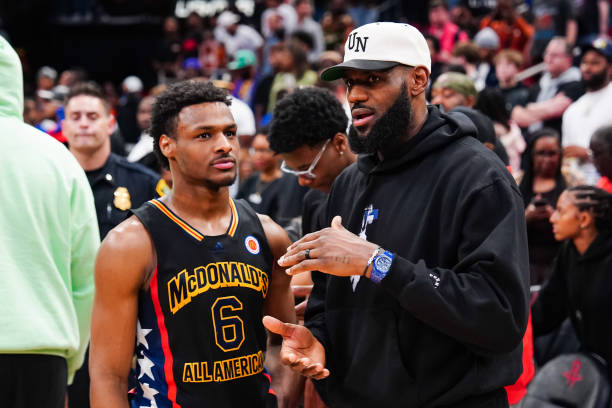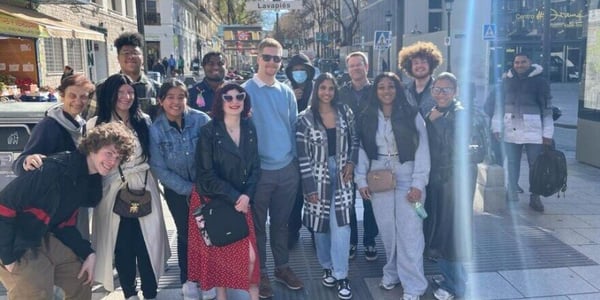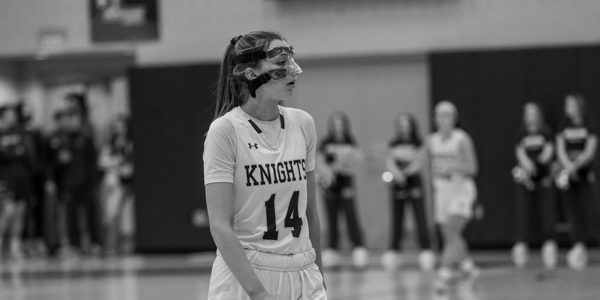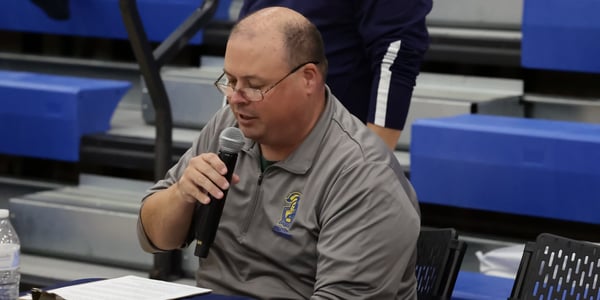“Wanna go to Spain?” were the very words I was asked by my professor, Janis Chakars, while I was...
The Role of Nepotism in NIL Deals

The introduction of name, image, and likeness deals to the NCAA has brought its fair share of excitement and controversy. NIL deals are exciting because college athletes who deserve to be paid are finally getting their dues, however with the excitement comes many facets of controversy having to do with NIL.
NIL deals have been appreciated for being a step towards empowering student-athletes who were long taken advantage of, but this phenomenon has also shined a light on a new issue in collegiate athletics, nepotism.
NIL deals are often seen as merit-based, like a professional contract, where a player plays well, and gets paid in turn for their play. After a few years of the NIL being established, cases have emerged of collegiate athletes acquiring huge deals due to the popularity of their parents or family members.
A glaring example of this trend is Bronny James, son of NBA legend Lebron James. Despite his young age and relatively unproven track record at the collegiate level, Bronny has amassed significant attention from corporate sponsors. Raking in an estimated 5.9 million dollars in NIL deals, Bronny is the highest-paid NCAA athlete.
This season at USC Bronny averaged 4.8 points, 2.8 rebounds, and 2.1 assists on 15 minutes per game, not exactly numbers that jump off the page, and certainly do not reflect the amount of money he is making.
The number one ranked player in NCAA basketball according to CBS.com , Zach Edey makes an estimated $810,000 in NIL deals with averages of 24.6 points, 12 rebounds, 2.1 assists, on 31 minutes per game.
This discrepancy between on-court play and money made in NIL deals makes it glaringly obvious that NIL deals are not merit-based, but rather popularity-based. With Bronny James having deals with brands such as Nike and Beats by Dre, one could make the distinction that these corporate backings are coming from his father, Lebron James.
Another prime example of the trend comes from the second highest-paid NCAA athlete, Sheduer Sanders, son of NFL Hall of Famer Deion Sanders. Sheduer is the quarterback for the University of Colorado, and he makes an estimated $4.8 million in NIL deals.
Sheduer led his team to a 4-8 record in the PAC-12 conference throwing for 3,230 yards, 27 touchdowns, and only 3 interceptions, putting up an impressive season.
However when compared to the projected number one overall pick in this upcoming NFL draft, Caleb Williams, who made an estimated $2.7 million in NIL earnings in 2023, throwing for 3,633 yards, 30 touchdowns, and 5 interceptions leading his team to an 8-5 record in the PAC-12 conference, it is clear that nepotism is the cause for the discrepancy in earnings once again.
This calls into question the fairness of NIL deals and whether they are based on talent and hard work or pedigree and popularity. While players such as Bronny and Sheduer get to bask in their earnings, there are countless talented athletes from less affluent backgrounds that struggle to make ends meet.
This phenomenon is a threat that extends beyond individual players as well. Much of the appeal of collegiate athletics comes from its ability to serve as an even playing field where play on the field determines individual success.
Now, NIL deals are given because of connections rather than ability, skewing the playing field and putting the integrity of collegiate sports at risk.






